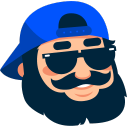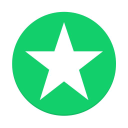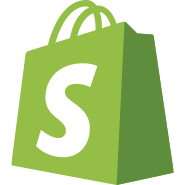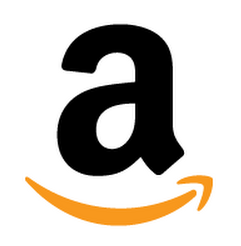I Invented A $3.6M Blue Light Filter Blocking Health Business
Hello! Who are you and what business did you start?
Hi, I'm Dhruvin Patel - a qualified optometrist who began Ocushield, a brand which develops medically-rated products to eliminate harmful blue light from digital device screens, allowing consumers to have fresher feeling eyes and improve sleep after screen use.
Ocushield’s flagship product is our blue light blocking screen protector and filters for smartphones, tablets, laptops, and monitors, selectively filtering harmful blue light while maintaining a crystal clear image, unlike software...ahem, night shift.

The majority of our customers fall into three categories, firstly families. Parents who are wanting to protect the eyes of their...





































